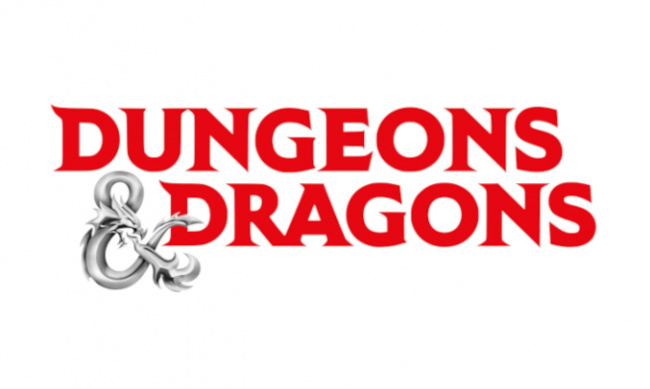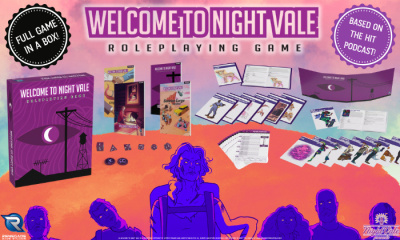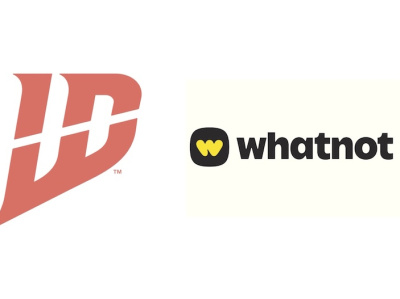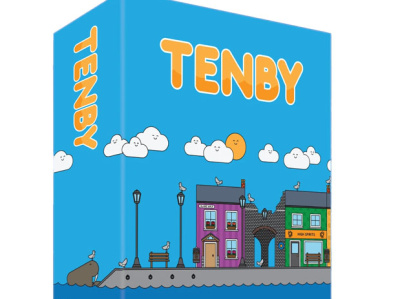Wizards of the Coast has responded to pressure from RPG creators, publishers, and fans and abandoned efforts to change the Open Gaming License, which allows third-party creators to create games using Dungeons & Dragons rules, the company announced on house organ D&D Beyond. In addition, the company will proceed with making the entire Systems Reference Document for the current game (SRD 5.1) available through a Creative Commons License. Third-party creators will now be able to choose which license they prefer to use.
The move came a little over a week after WotC posted a draft of a new proposed OGL, announced plans to make core D&D mechanics available through a Creative Commons license, and began a survey to gather responses to their plans (see “WotC To Put ‘D&D’ Mechanics in Creative Commons License”). Results from the initial 15,000+ responses were overwhelming: 88% did not want to publish TTRPG content under the new proposed OGL; 89% were dissatisfied with deauthorizing OGL 1.0A, and 86% were dissatisfied with the draft Virtual Tabletop policy.
Today’s actions came a day after WotC parent Hasbro announced tepid 2022 growth in the Wizards of the Coast and Digital Gaming segment of its business and 1,000 layoffs, after a disappointing Q4 (see “Hasbro to Lay Off 1,000”).
The whole sequence of events, from the leak of Wizards of the Coast’s original OGL revisions (see “’D&D’ OGL 1.1 Furor”) to today’s complete reversal, took a little over three weeks, a measure of the stunning scale of the negative response to WotC’s plans.
It remains to be seen whether the steps WotC has taken will be sufficient to unwind the moves other companies have made to disassociate themselves from the OGL, most notably Paizo, which announced plans to create a new system-agnostic Open RPG Creative License that would serve the same functions of the OGL in an open, perpetual, and irrevocable form (see “Paizo Leads Game Company Revolt”). Other companies, including Kobold Press, Chaosium, Green Ronin, Legendary Games, and Rogue Genius Games, had agreed to participate in the new license. Other publishers had also made moves related to their own gaming systems, for example Free League (see "Free League Announces Two OGLs").
And at the fan level, fans had declared their intentions to begin playing more non-OGL-based games, or to boycott the upcoming Dungeons & Dragons: Honor Among Thieves theatrical release, due March 31. Fans were also cancelling subscriptions to D&D Beyond.
All in all, this was a PR disaster for Wizards of the Coast and the D&D brand, and while there is huge momentum behind the game and a massive player base, it’s hard to see how there won’t be long-term impacts to Dungeons & Dragons and other games in the RPG category. Just what those impacts will be will take time to become visible, and we’ll report on them as they occur.








